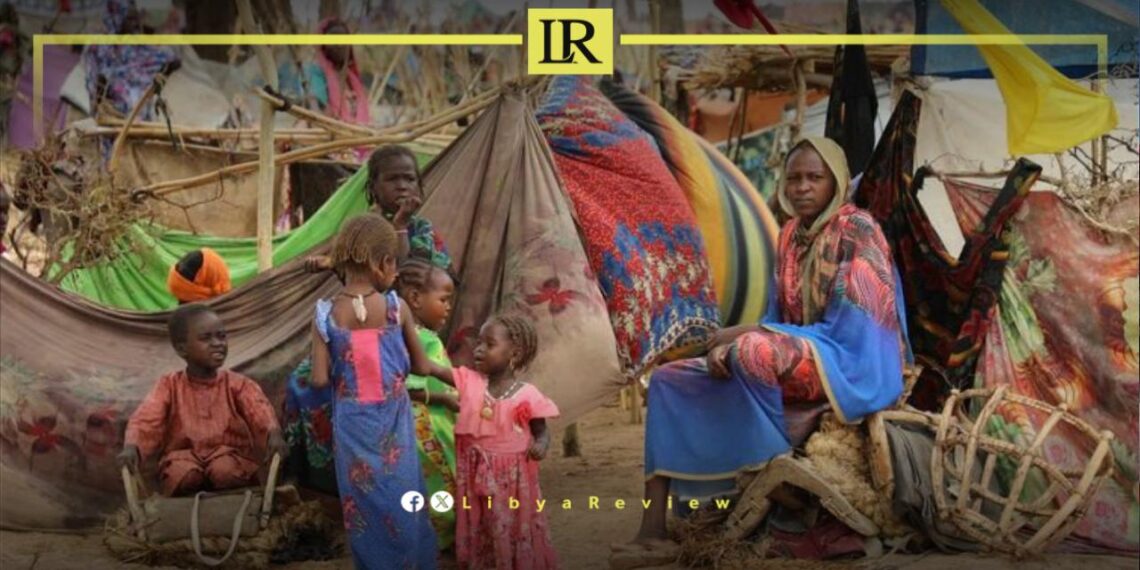On Wednesday, the United Nations allocated $5.3 million from its Central Emergency Response Fund (CERF) to support 195,000 Sudanese refugees living in difficult conditions in Libya. This funding will also provide essential aid to the host communities that accommodate them.
This decision comes amidst a growing influx of refugees fleeing the ongoing conflict in Sudan, which has intensified since April. Many Sudanese refugees have made perilous journeys, some even on foot, seeking safety in neighboring Libya.
According to the UN, this new funding aims to provide immediate humanitarian assistance to the refugees, including food, medicine, and shelter. It will also support essential services in host communities facing increased pressure. This allocation is part of a broader regional response plan for the Sudanese refugee crisis, which includes other affected countries like Uganda. The UN and its humanitarian partners are seeking to raise a total of $1.5 billion to fund this ambitious plan.
The UN highlighted that this response plan faces a severe funding shortfall, with only $313 million raised so far, representing a mere 21 percent of the required amount. UN spokesperson Stephane Dujarric emphasized that the ongoing conflict in Sudan has displaced more than one-fifth of the country’s population, creating a vast humanitarian crisis that necessitates international cooperation.
The United Nations has called on the international community to show solidarity with the refugees affected by the crisis in Sudan and Libya and to provide the necessary financial support to fund the humanitarian response plan. The organization stressed that this humanitarian crisis requires concerted international efforts to deliver urgent aid and to work towards sustainable political solutions to the conflicts in the region.
The Sudanese refugee crisis has escalated dramatically since the outbreak of conflict in April, forcing millions to flee their homes. The fighting, primarily between the Sudanese Armed Forces (SAF) and the Rapid Support Forces (RSF), has caused widespread devastation, disrupting lives and livelihoods across the country. Many refugees have sought refuge in neighboring countries, with Libya emerging as a major destination due to its geographical proximity. However, Libya itself is grappling with internal challenges, including political instability and economic difficulties, making it hard-pressed to accommodate the influx of refugees.


